The Social Enterprise Making Sure Plastic Pays Its Way
Press release from the issuing company
Founder David Katz, who will make a double appearance on the London Packaging Week speaking line-up, explains how Plastic Bank continues to turn trash into cash a decade after starting out.
You'd be forgiven for wondering what David Katz could glean from stalking some of Europe's most prolific packaging manufacturers at London Packaging Week. But in truth, such is the momentum for the Plastic Bank movement and the demand for Plastic Bank's globally trademarked Social Plastic®, Katz hopes his 'blueprint for a regenerative future' continues to prove contagious.
Like anything with a cause, there must first be a catalyst. Having grown up on an island in Vancouver, many experiences in Katz’s youth set the wheels in motion. His playground was the beach, and he witnessed first-hand how plastic took over our oceans.
His summers were spent looking for minnows and building rafts; his walk to school took him along a 500-metre stretch of beach he called his back garden.
Images of common household waste and bottles swirling in vast garbage patches in the open sea are a mainstay on many news pages today, but Katz witnessed the first plastic wash ashore in the early 80s. Those early trickles and the fun of beachcombing didn't last – it quickly became a constant flow. A tide of plastic that was washing up very close to home.
"Growing up on the West Coast of Canada, I began to witness the gradual decline of marine ecosystems at a young age," Katz told londonpackagingweek.com. "I would go on and explore Vancouver Island's beaches with my friends, hoping to find things from faraway places. Instead, all we found were waves carrying other people's garbage. This stayed with me as an awakening and led me to the idea of Plastic Bank."
As scientists aimed the latest microscope at the ocean, it revealed that 171 trillion pieces of plastic are now estimated to be floating in the world's oceans, killing fish and sea animals and taking hundreds of years to break down. More startlingly, that figure has increased from 16 trillion pieces in 2005, and scientists warn this new figure could triple by 2040.
Inspired by the photography of Chris Jordan, whose 2009 photos of dead albatross chicks with?plastic?in their guts went viral, and with the words ‘somebody has got to do something' ringing in his ears, Katz has dedicated himself to addressing the degradation of the ocean and our planet ever since.
On May 9, 2013, Katz created Plastic Bank to empower the world to stop ocean plastic and help alleviate poverty. The social enterprise helps by turning plastic waste into a currency, which collection community members in vulnerable coastal areas can exchange for additional income and life-improving benefits.
"Ten years ago, I had a vision of stopping ocean plastic pollution and alleviating poverty," he continued. "While I believed in our mission, the speed and scale of our growth was unprecedented and truly humbling. It's a testament to our team's dedication, our partners' support, and our global community's shared commitment. We've achieved so much in a decade, but there's still much work to be done, and we're dedicated to making even more impact through our Social Recycling movement!"
Changing the way we view the material
As Plastic Bank enters its second decade, its mission to turn off the tap to ocean plastic has evolved into a social recycling movement that enables people to effect the change they seek in our world.
At first glance, poverty and plastic pollution may not appear natural bedfellows. However, Katz knows better than anyone that understanding how these issues are connected is essential for creating a more sustainable future for our planet. Whether it is low-income communities relying on cheap disposable goods, often packed with single-use plastic, a lack of plastic recycling programs and infrastructure, or inadequate waste management systems, the odds were historically stacked against some people.
Over the past decade, Plastic Bank has fine-tuned its operating model to break this unfavourable cycle to provide low-income communities with access to waste management infrastructure and education to make more informed decisions about plastic consumption while empowering them to pave a path out of poverty.
"To truly comprehend the plastic crisis, we must recognise its roots deeply entwined with economic disparity," added Katz, who will use the London Packaging Week to ignite conversations, encourage action, and cultivate a collective commitment to ending plastic pollution and poverty.
"Plastic often becomes a necessity in impoverished communities where access to essential resources is limited. It's cheap, versatile, and readily available. People use it for packaging, storing water, and even building shelters. However, the lack of proper waste management systems means that discarded plastic accumulates uncontrollably and has a compounding effect. Communities surrounded by pollution with little to no recycling infrastructure witness a perpetual decline in their quality of life. So, the next time we confront plastic pollution, let's remember its origin. It's a result of circumstances forced upon those with limited choices. If we wish to solve the plastic problem, we must address poverty."
Turning plastic into money for the world
Plastic Bank endeavours to turn plastic waste into a currency. The social enterprise empowers its collection community members in vulnerable coastal regions to exchange plastic for secure income and life-improving benefits, including access to health, work, and life insurance, digital connectivity, and social and banking services. In Plastic Bank's model, social impact drives environmental impact.
Plastic Bank's Social Recycling movement has prevented over 95 million kilograms of plastic from entering the ocean – the equivalent of 4.7 billion plastic bottles – and helped more than 38,000 collection members transcend poverty by exchanging plastic as currency for additional income benefits.
One such collection member whose life is improved is Samsul Arifin (pictured) from Plastic Bank's collection community in Indonesia. Every week, Samsul collects an average of 35 kilograms of plastic waste around his community in Densapar, Bali, Indonesia. Aside from earning additional income that helps him provide necessities for his family, Samsul can support his child, who almost dropped out of school, by stopping ocean plastic. Along with other collection community members, Samsul received BPJS health insurance and education about plastic pollution.
"Each collection member signifies a life impacted, represents a community uplifted, and stands for plastic prevented from polluting our oceans," said Katz. "It's a measure of our commitment to regenerating our planet and humanity, one piece of plastic at a time.
"It's about creating a holistic approach that makes every day an opportunity for individuals to contribute to a better world. We offer economic incentives that empower individuals in impoverished communities to collect and recycle plastic. This transforms the concept of environmental change into an income-boosting activity. We also educate our network of changemakers about their important role in halting plastic pollution. This creates a sense of community and purpose, inspiring them to take proactive steps to live more sustainably."
An authentic force for good
So far, Plastic Bank has stopped millions of kilograms of plastic from entering our oceans. But what does Plastic Bank do with the collected material? The social enterprise helps ensure that ocean-bound plastic waste is given a new life. The plastic waste collected by its members is brought to recycling facilities. From here, the material is processed into flakes and pellets and reborn as Social Plastic® feedstock.
Social Plastic® feedstock is introduced to the global manufacturing supply chain for reuse in new products and packaging. This reduces the need for virgin plastic, enables a circular economy for plastic, and makes environmental, social and economic impacts.
While the idea of integrating recycled ocean-bound plastic with traceable impact into products or packaging and supporting plastic collection communities might have once been a pipe dream, there are now 607 active recycling communities across the globe.
But how do Plastic Bank's conversations with businesses play out?
"When we speak to businesses, we often find they're already motivated to make a positive impact; they just don't know where to begin," Katz continued. "Many see the clear business case in aligning with our mission. So, the battle is less about convincing and more about finding the most impactful ways to collaborate and drive change together.
"It's true that some players in the plastic industry have been slow to embrace change, but I believe the tide is turning. Increasingly, companies are recognising the urgent need for sustainable practices. Many now realise that addressing plastic pollution isn't just a moral imperative; it's also good for business. Sustainability is becoming a competitive advantage, and more industry leaders are stepping up to take meaningful action. It's important to recognise and support these pioneers while continuing to push for broader industry-wide change.
"Consumers hold immense power in preventing plastic pollution. Their choices drive market demand, and businesses are responsive to consumer preferences. When consumers choose products with sustainable packaging or support companies committed to recycling and reducing plastic consumption, they send a clear message to the industry. Consumer awareness and actions catalyse significant change, pushing businesses and governments to prioritise solutions that benefit the planet and future generations."
Like many others speaking at the two-day event at the ExCeL in London, Katz will share the unedited story of the Social Recycling movement and how businesses can authentically be a force for good for the people and the planet.
On September 21, Katz will join the 'The Big Question: What is the Goal?' panel at 2:15 PM BST. The discussion will explore how businesses and individuals can contribute to a circular economy, focusing on our interconnected roles in achieving broader sustainability goals.
On September 22, Katz will take the stage again to deliver a keynote address at 11:30 AM BST. The address will challenge the audience to reimagine discarded plastic not as waste but as a transformative resource capable of impacting lives. Katz will also discuss how businesses can drive change by balancing profit with social and environmental impact.
There is also an opportunity to learn more at Plastic Bank's booth at A32 in the Food & Consumer area.
- Innovations in Inkjet for Textile Production – live webinar
- Buying Inkjet Part 1: Does This Printer Make Me Look Good?
- LabelExpo 2023: Launches and Trends – Part 2
- Driving profitability with cut-sheet inkjet
- Zero Trust Environments for Inkjet Printing
- Kevin Roman on the evolution of professional services needs
- LabelExpo 2023: Launches and Trends – Part 1
- Inkjet Gets into “Hard Core” Applications
© 2023 WhatTheyThink. All Rights Reserved.

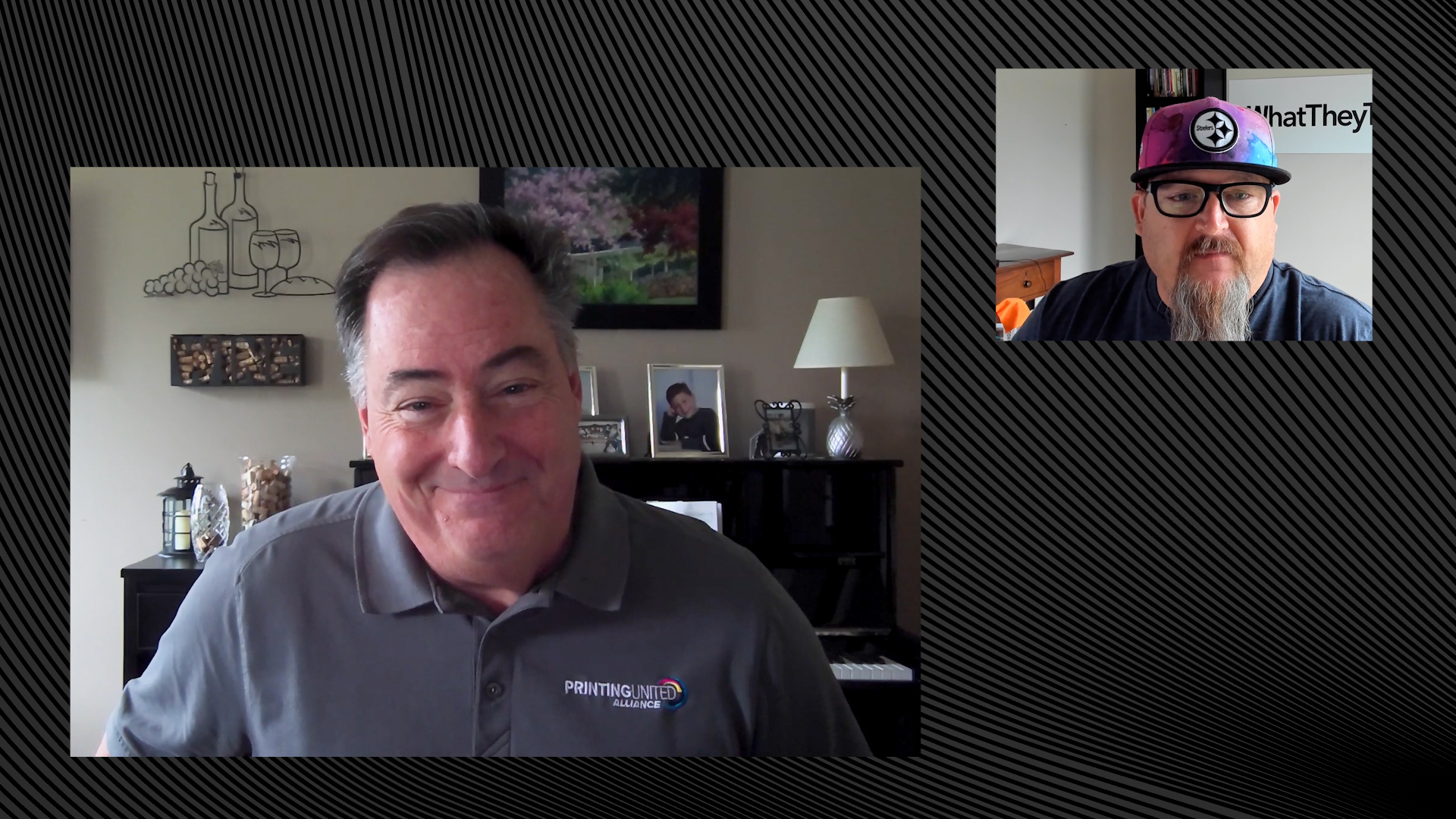
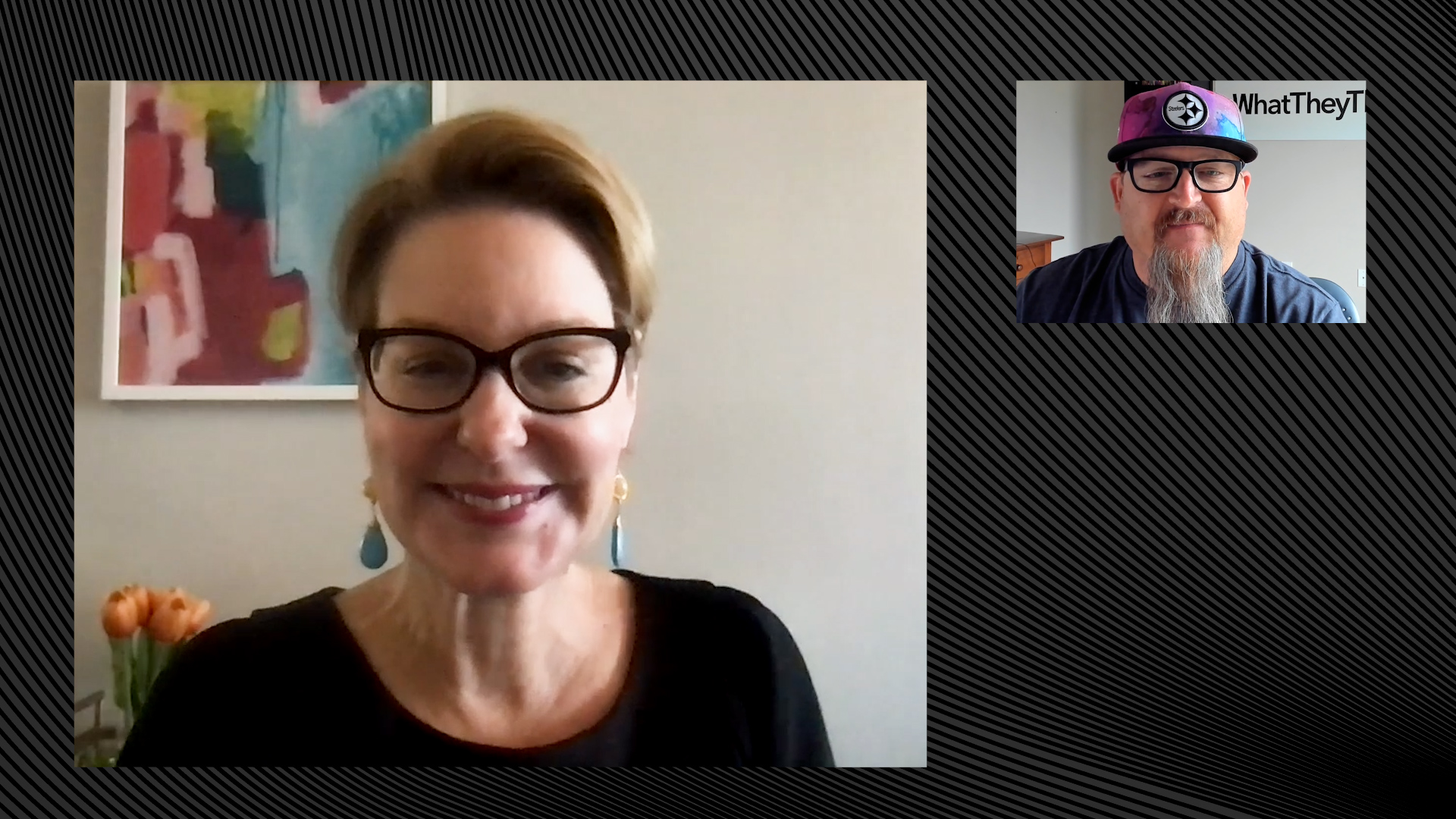
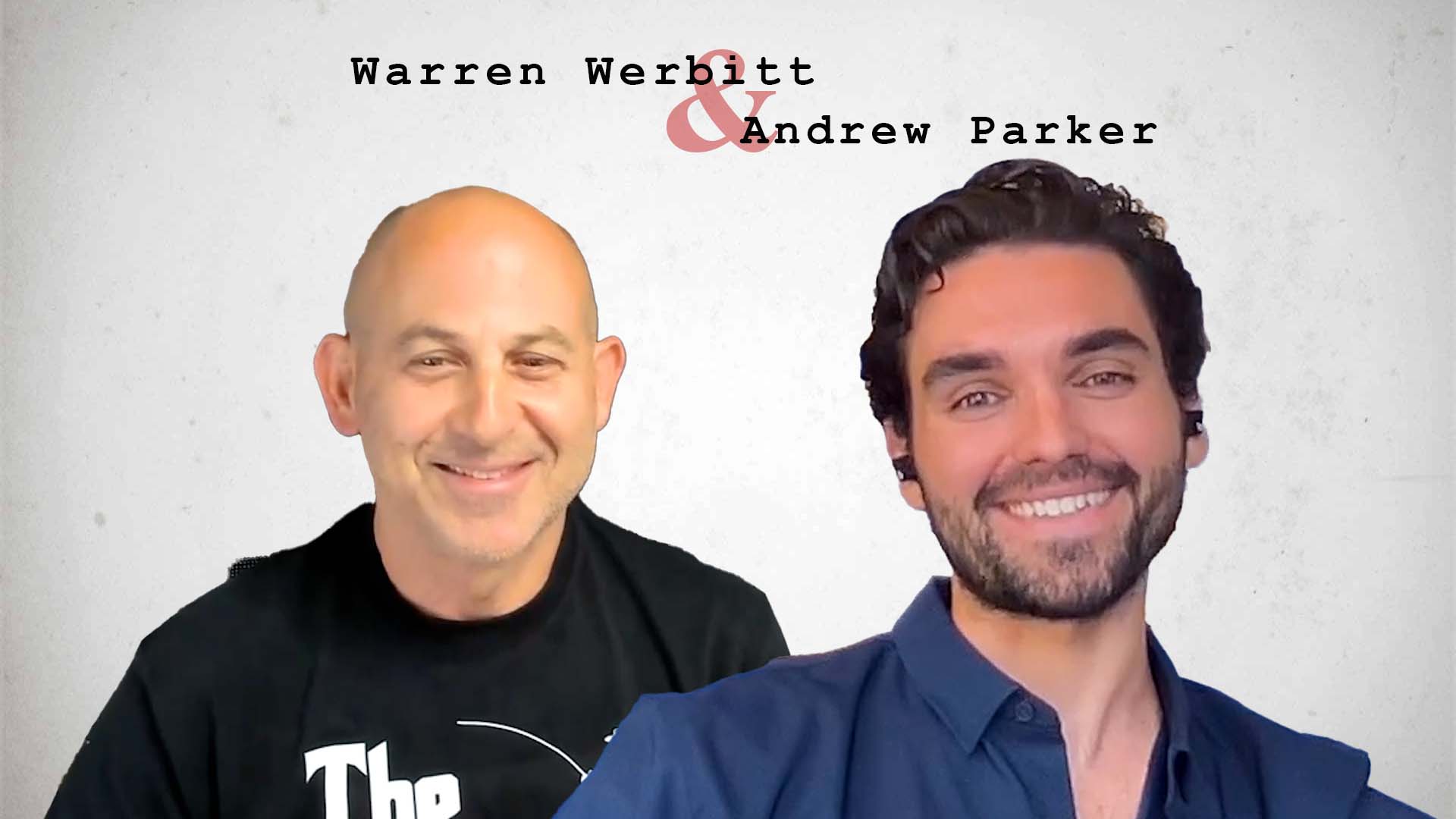
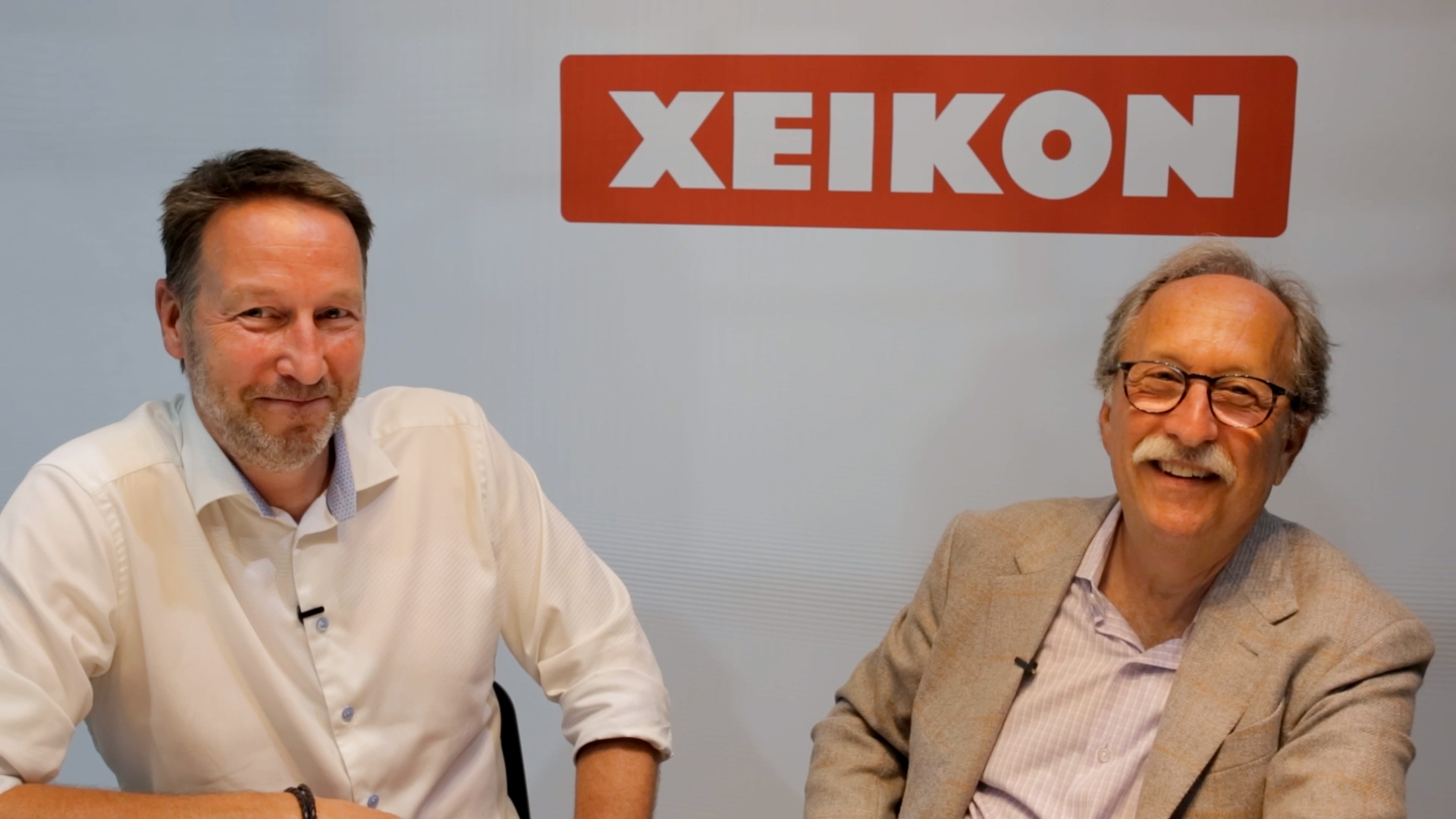
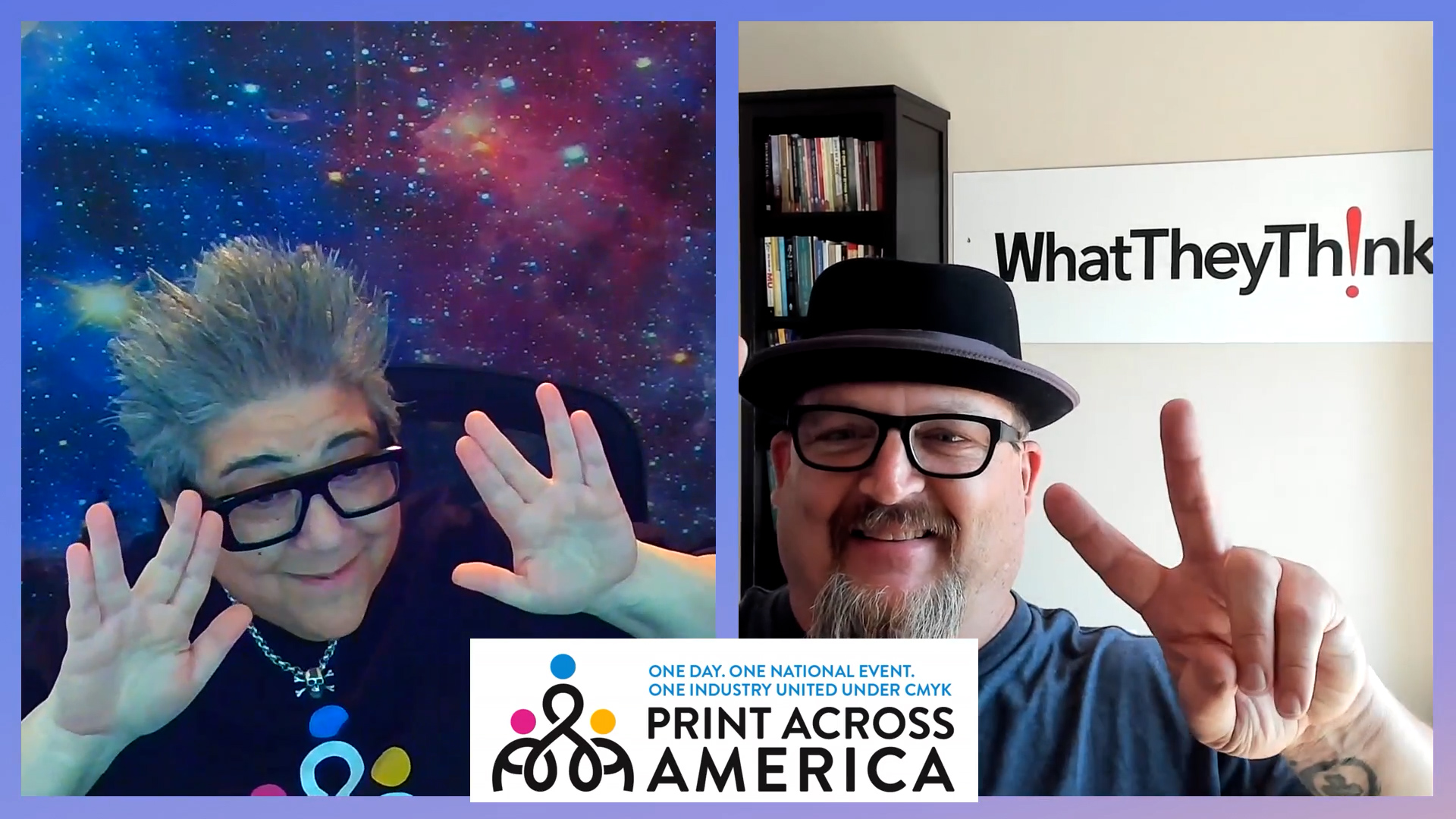
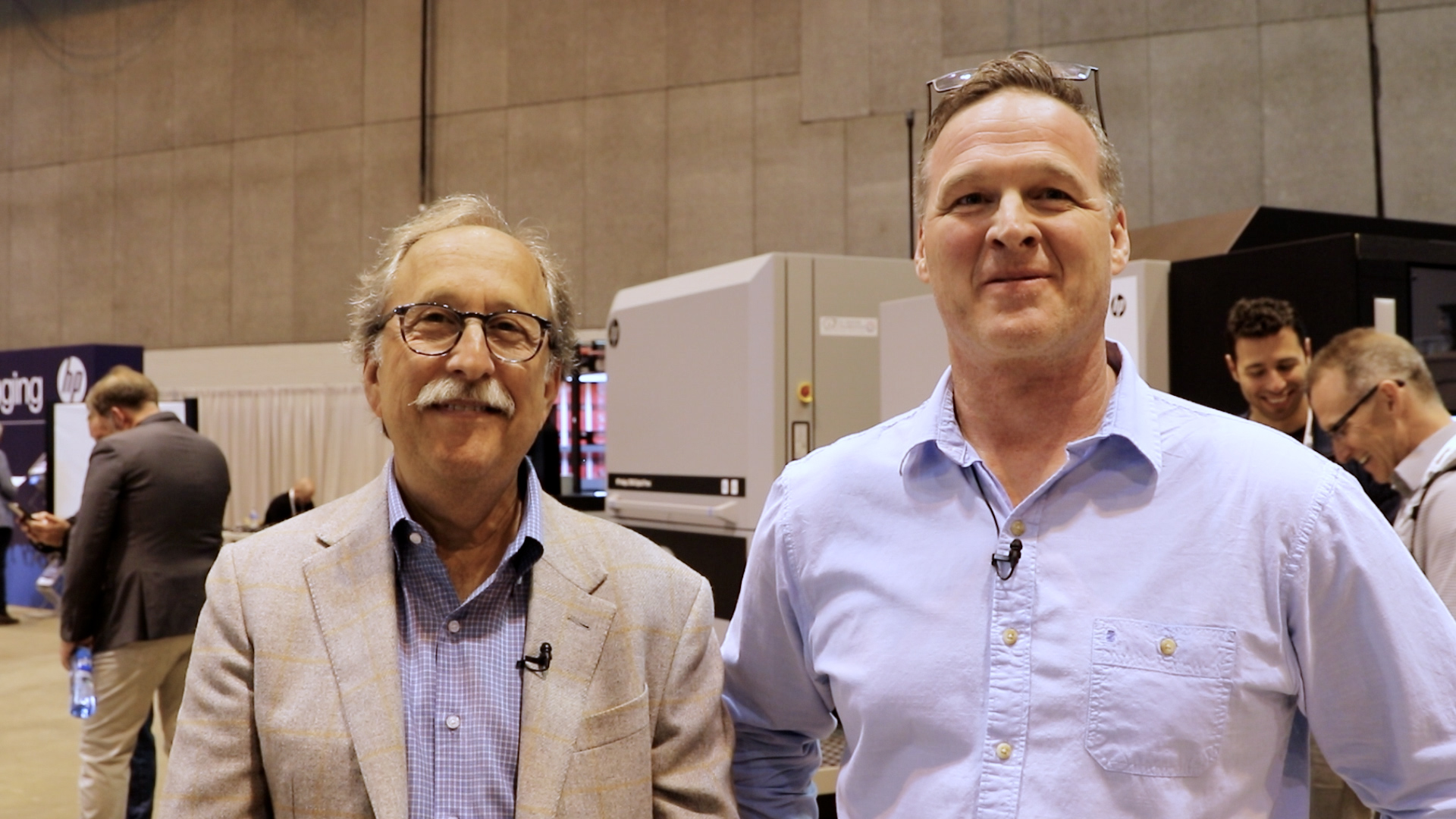
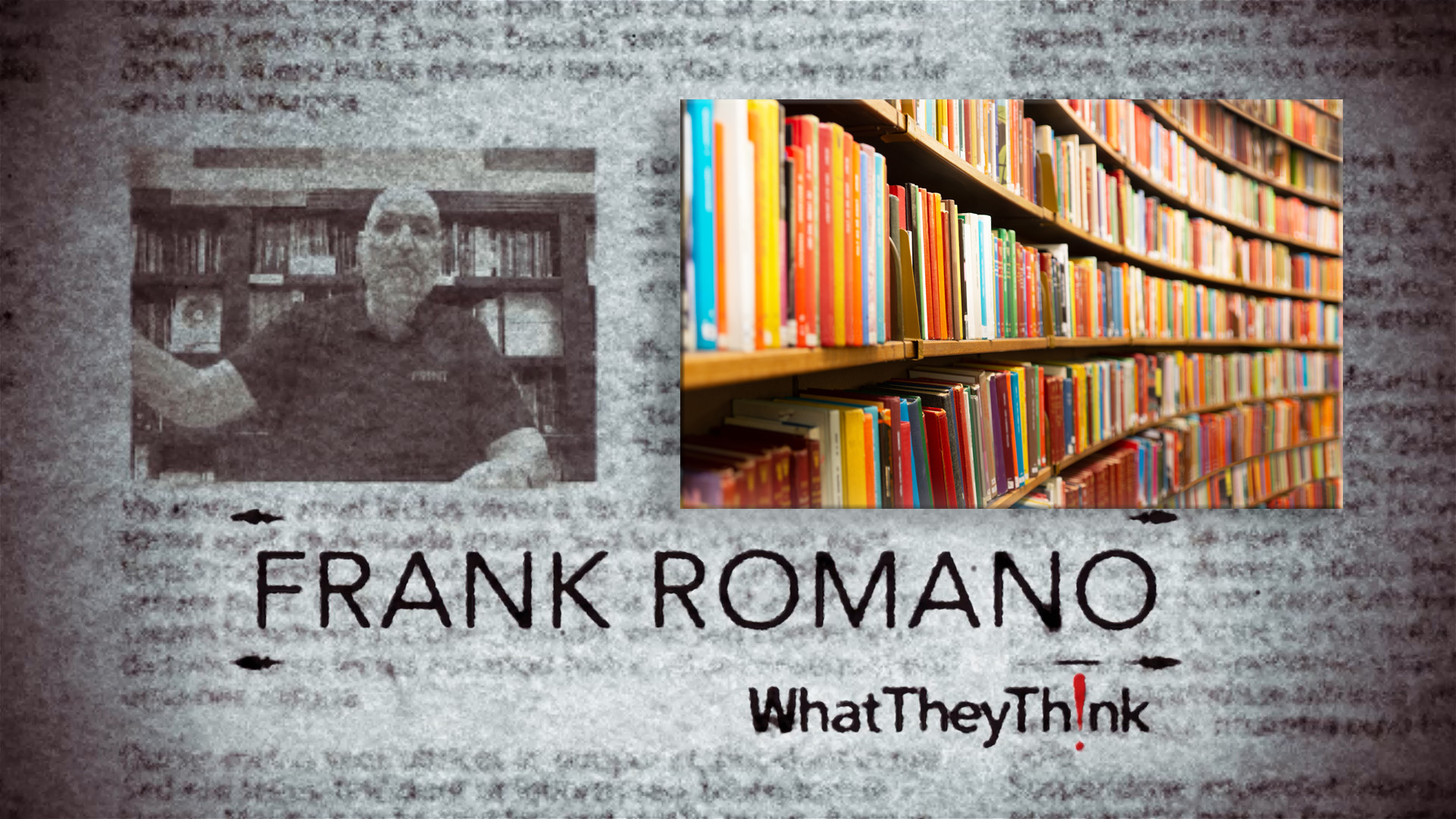

Discussion
Join the discussion Sign In or Become a Member, doing so is simple and free